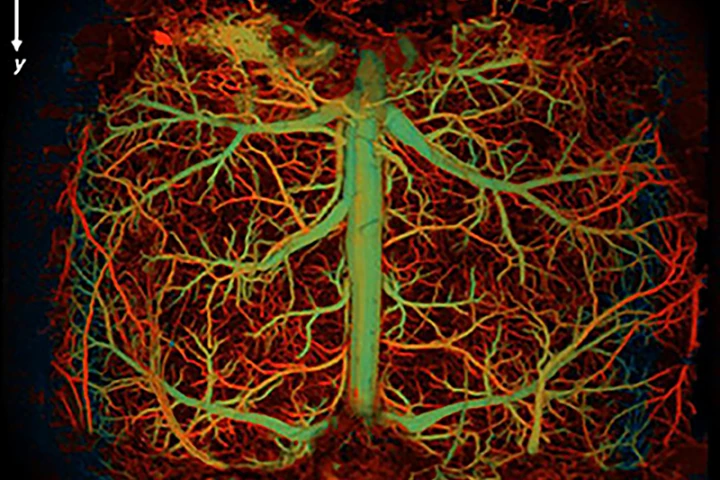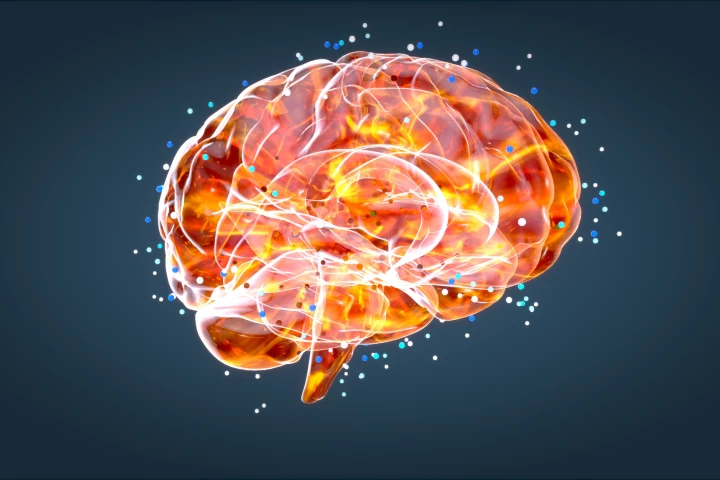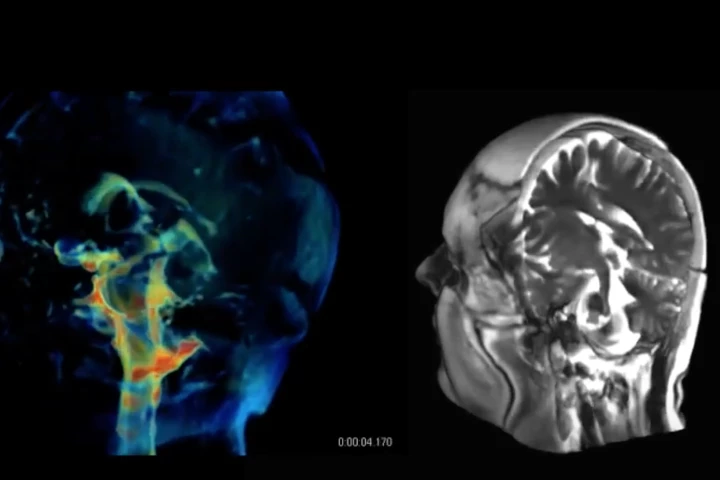Medical Imaging
-
This stunning image may look like a particularly lively Jackson Pollock painting, but it’s actually an example of a new cell imaging technique. The subject? A human retina.
-
Scientists at Duke University have developed an ultrafast photoacoustic imaging system capable of capturing the functional and molecular changes that occur in major brain disorders such as stroke, dementia, and acute brain injury.
-
A clinical trial has shown a new type of medical scan can identify specific adrenal gland nodules responsible for high blood pressure. The scan offers the first simple diagnostic tool for what is the cause of hypertension in up to 10% of people.
-
Scientists in Israel have demonstrated a promising new technology for early Parkinson's diagnosis, using a variation of MRI to spot tiny, telltale structures forming deep in the brain as the disease progresses.
-
MRI is a powerful diagnostic tool, but the size and cost limits where it can be used. A compact, affordable new MRI system uses a much smaller magnetic field and doesn’t require shielding, and is still able to diagnose brain disorders in patients.
-
Researchers in Australia have tapped into cutting-edge materials science to produce the world's thinnest X-ray detector, which is highly suited to the imaging of wet proteins and living cells, and has the potential to do so on in real time.
-
A groundbreaking new imaging technique, utilizing X-rays 100 billion times brighter than a hospital X-ray machine, is offering 3D images in unprecedented detail, allowing whole organs to be imaged down to a resolution of 1 micron.
-
The world's first portable MRI machine proved its potential in early trials last year, and a new Yale-led study has built on this success by using it to detect cases of stroke in need of surgical intervention, with a high degree of accuracy.
-
Accumulation of fat around the heart has long been linked to cardiovascular and metabolic disease but until now there hasn’t been a simple way to measure this. A new AI tool has been developed that can quantify these fat deposits from regular MRI images.
-
A new type of imaging tech has detected lung damage not visible on MRI or CT scans in patients suffering from the long-term effects of COVID-19. The technology will help clinicians understand the breathing impairments seen in long COVID.
-
A technique is allowing researchers to measure endogenous lithium concentrations in the human brain for the very first time. Researchers found natural lithium levels in white matter were lower in suicidal subjects than healthy controls.
-
An imaging technique has been developed offering detailed 3D videos of a human brain. The technique offers novel perspectives on the motions of a brain, delivering clinicians a new diagnostic tool and researchers insights into neurological disorders.
Load More











